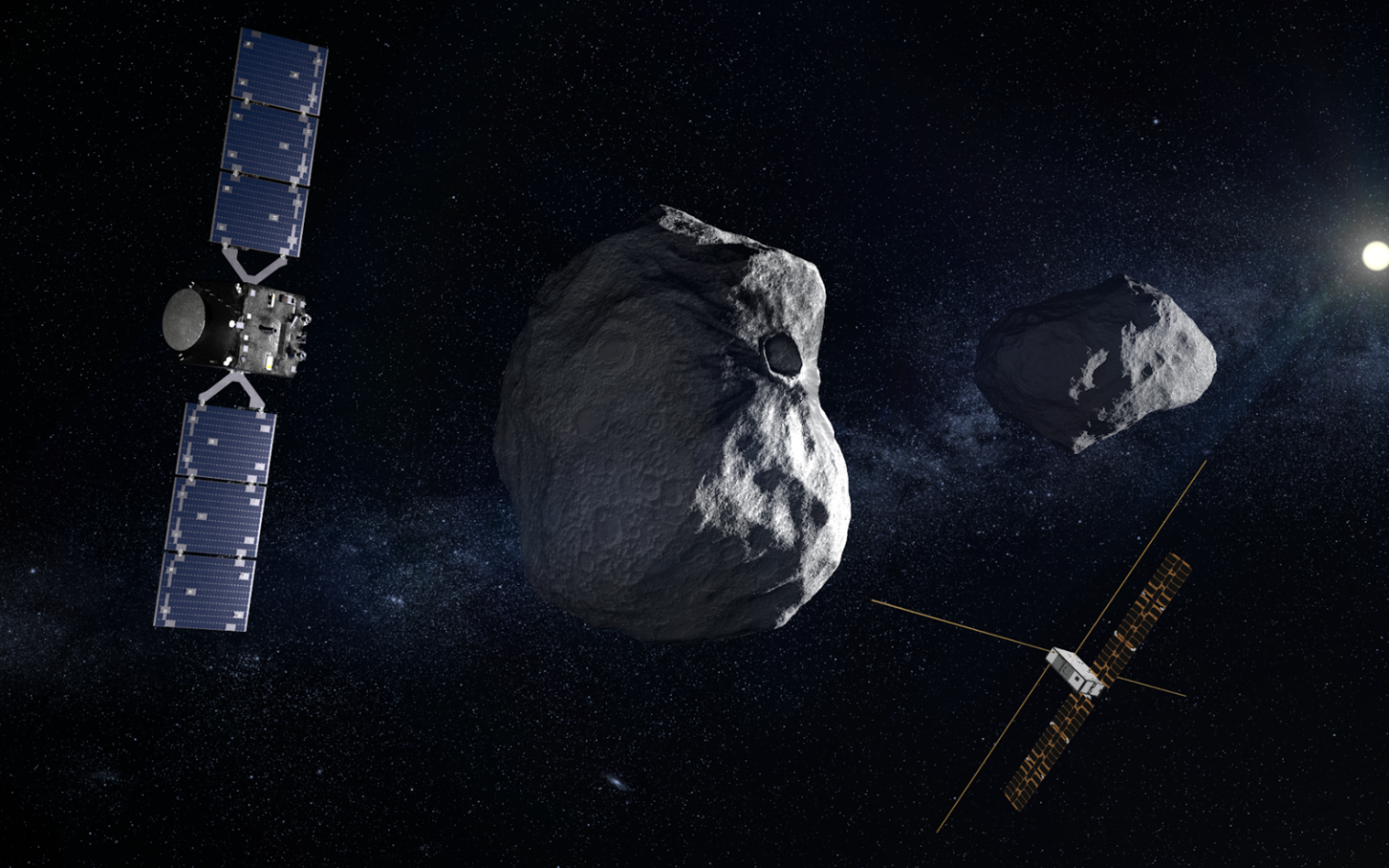The COVID-19 pandemic resulted in a shift towards the use of social media platforms in teaching. The South African Department of Basic Education, for one, instructed all schools to adopt online teaching and learning to save the 2020 school year, disrupted by the pandemic and the forced closure of schools. It is getting clearer that this shift towards technology use will continue. Some researchers have noted that it has also put the focus of the learning process more on students than on teachers. Young people aged between 15 and 24 usually attend secondary school or higher education institutions and use social media. Incorporating social…
Author: The Conversation
Just as calculators took over the tedious number-crunching in maths a few decades ago, artificial intelligence (AI) is transforming coding. Take Kyo, an eight-year-old boy in Singapore who developed a simple platform game in just two hours, attracting over 500,000 players. Using nothing but simple instructions in English, Kyo brought his vision to life by leveraging the coding app Cursor and also Claude, a general-purpose AI. Although his dad is a coder, Kyo didn’t get any help from him to design the game and has no formal coding education himself. He went on to build another game, an animation app, a drawing app…
The United States’ most senior public health official, surgeon-general Vivek Murthy, believes social media platforms should come with warning labels. The United Nations’ education, science and culture agency says smartphones should be banned in schools. Chinese regulators are pushing to limit children’s smartphone use to just two hours a day. These are just a few high-profile examples of growing global concerns about the risks young people face when using the internet. Those worries are backed by a large, global body of research. Social media use has been linked to feelings of envy, depression and anxiety among young people all over the world, including those in African countries. This evidence can make for depressing…
NASA plans to send crewed missions to Mars over the next decade – but the 140 million-mile (225 million-kilometer) journey to the red planet could take several months to years round trip. This relatively long transit time is a result of the use of traditional chemical rocket fuel. An alternative technology to the chemically propelled rockets the agency develops now is called nuclear thermal propulsion, which uses nuclear fission and could one day power a rocket that makes the trip in just half the time. Nuclear fission involves harvesting the incredible amount of energy released when an atom is split by a neutron. This reaction is known as…
The European Space Agency’s Hera mission will set off from Cape Canaveral on 7 October on a SpaceX Falcon 9 rocket. It will travel several hundred million kilometres to reach the double asteroid Didymos in autumn 2026. This is the follow-up of the intentional impact of NASA’s DART probe onto the smaller body of this double asteroid, the moon called Dimorphos. This first-ever asteroid deflection test aims at modifying the trajectory of the target and understanding precisely what went on. And we already know quite a few things about the success of this deflection – thanks to a camera on-board…
The rapid development of artificial intelligence (AI) has brought both benefits and risks. One concerning trend is the misuse of voice cloning. In seconds, scammers can clone a voice and trick people into thinking a friend or a family member urgently needs money. News outlets, including CNN, warn these types of scams have the potential to impact millions of people. As technology makes it easier for criminals to invade our personal spaces, staying cautious about its use is more important than ever. What is voice cloning? The rise of AI has created possibilities for image, text, voice generation and machine learning. While…
In dusty factories, cramped internet cafes and makeshift home offices around the world, millions of people sit at computers tediously labelling data. These workers are the lifeblood of the burgeoning artificial intelligence (AI) industry. Without them, products such as ChatGPT simply would not exist. That’s because the data they label helps AI systems “learn”. But despite the vital contribution this workforce makes to an industry which is expected to be worth US$407 billion by 2027, the people who comprise it are largely invisible and frequently exploited. Earlier this year nearly 100 data labellers and AI workers from Kenya who do work for…
South Africa’s Northern Cape province has become a prime area for investment in renewable energy. It is host to 59 of the 112 large-scale renewable energy projects secured through the country’s flagship Renewable Energy Independent Power Producer Procurement Programme by 2021. But have the communities hosting these new projects benefited from them? Industrial sociologist Boitumelo Malope researches renewable energy and labour markets. He interviewed residents, community leaders and employees of two wind farms outside the small, impoverished town of Loeriesfontein in the Northern Cape to find out. How should renewable energy projects benefit communities? The South African government’s Renewable Energy Independent Power Producer Procurement Programme accepts bids…
The 2024 Nobel Prize in chemistry has been awarded to three scientists for their work on describing and predicting proteins with the help of computers. One half of the prize goes to David Baker from the University of Washington in the US “for computational protein design”, with the other half jointly awarded to Demis Hassabis and John M. Jumper, both from Google Deepmind, UK, “for protein structure prediction”. Using computers to carry out protein design and for predicting protein structures are two sides of the same coin. They are separately very powerful – and combined, even more so. Proteins are the building blocks of life, building…
Two of San Francisco’s leading players in artificial intelligence have challenged the public to come up with questions capable of testing the capabilities of large language models (LLMs) like Google Gemini and OpenAI’s o1. Scale AI, which specialises in preparing the vast tracts of data on which the LLMs are trained, teamed up with the Center for AI Safety (CAIS) to launch the initiative, Humanity’s Last Exam. Featuring prizes of US$5,000 (£3,800) for those who come up with the top 50 questions selected for the test, Scale and CAIS say the goal is to test how close we are to achieving “expert-level…










